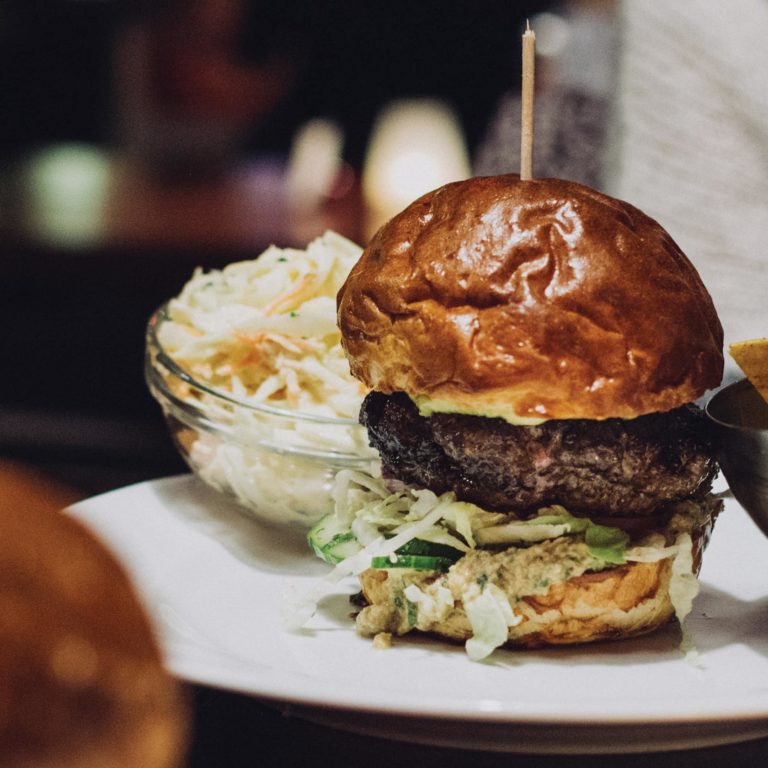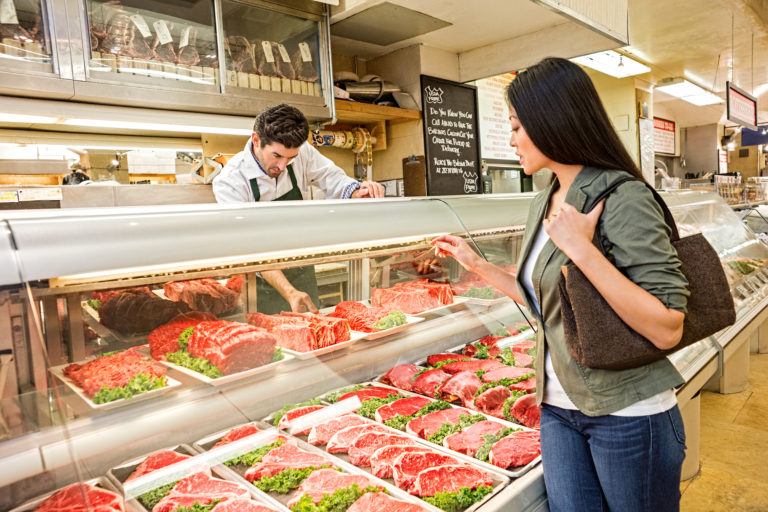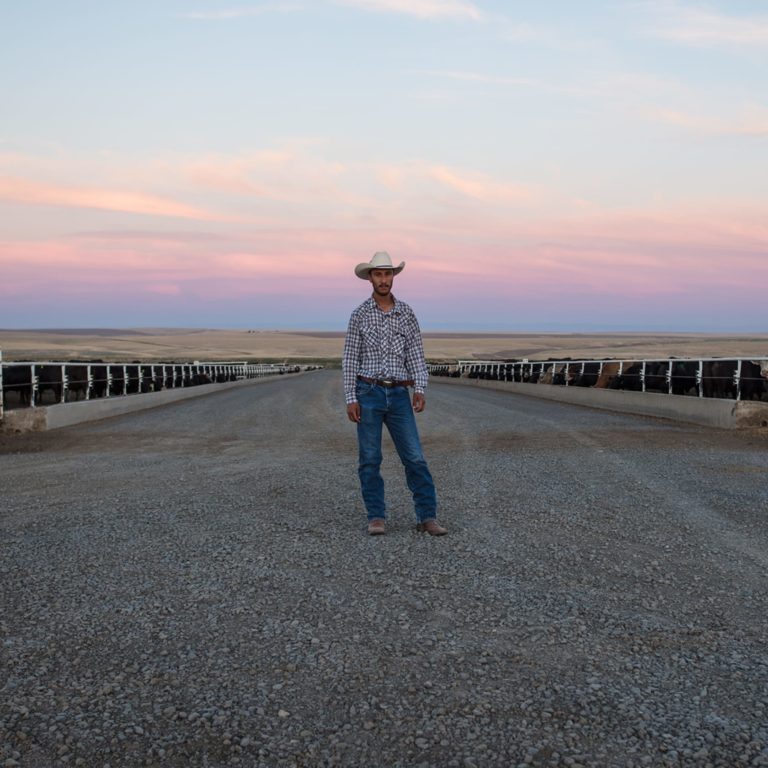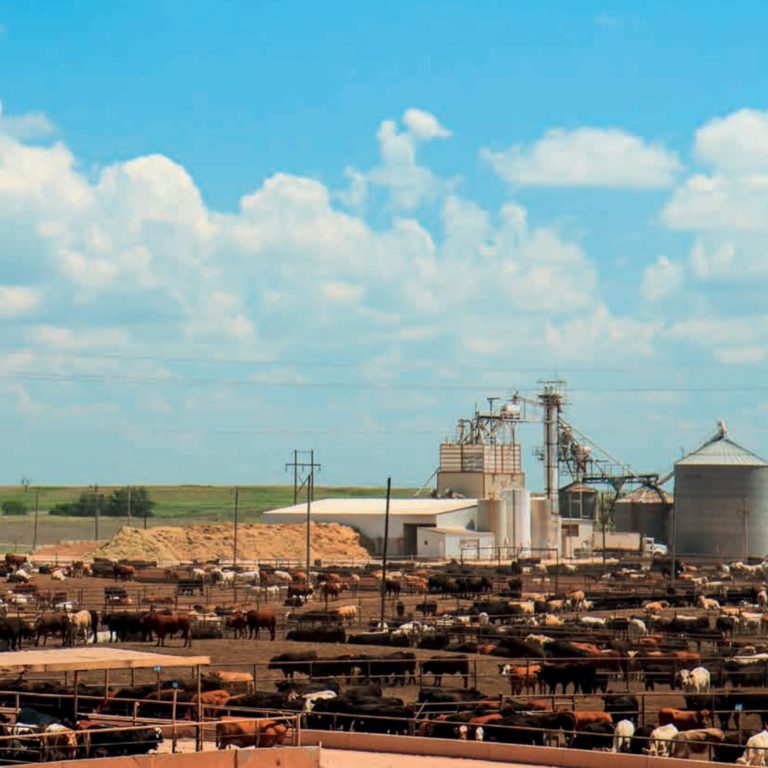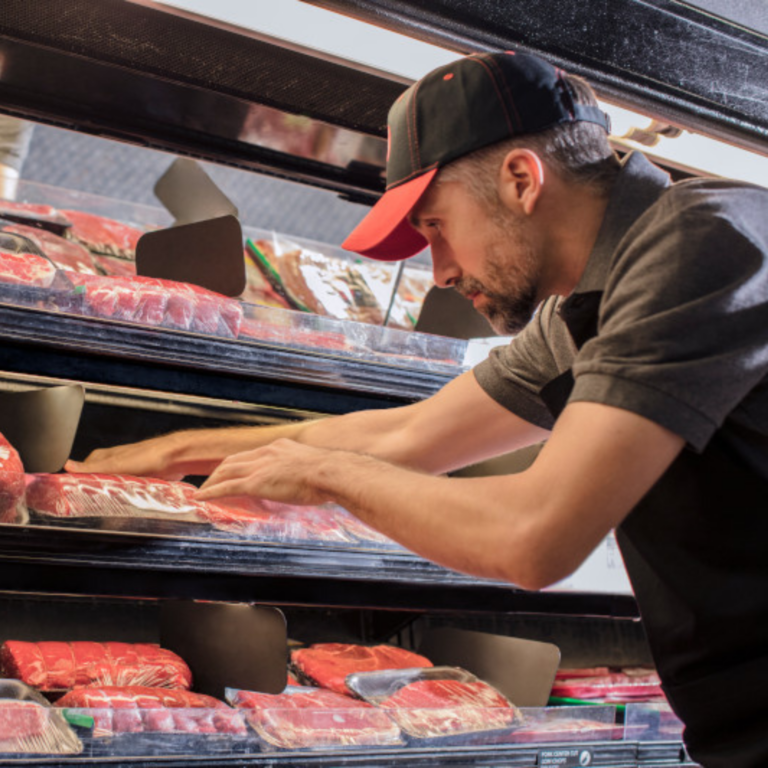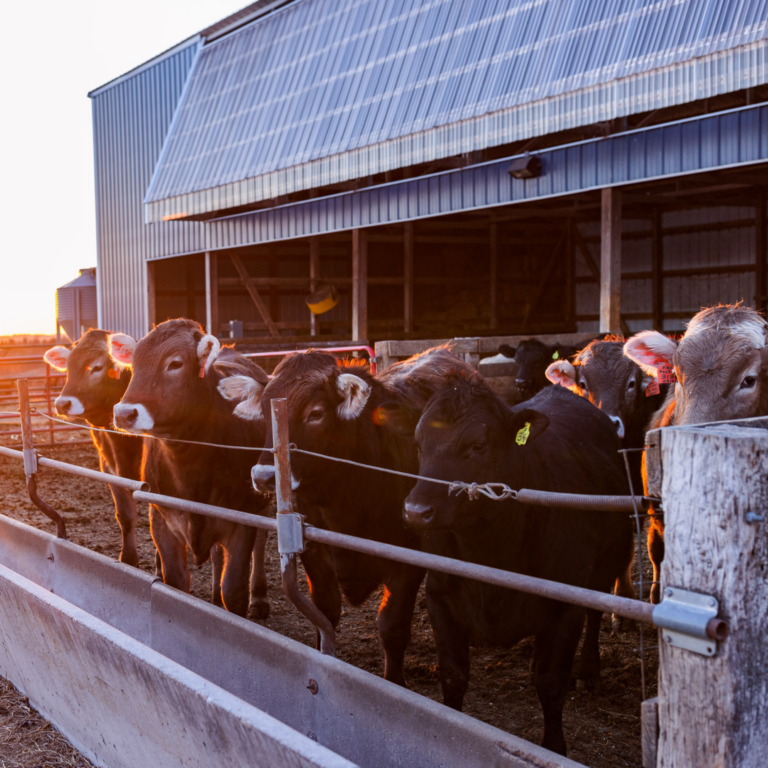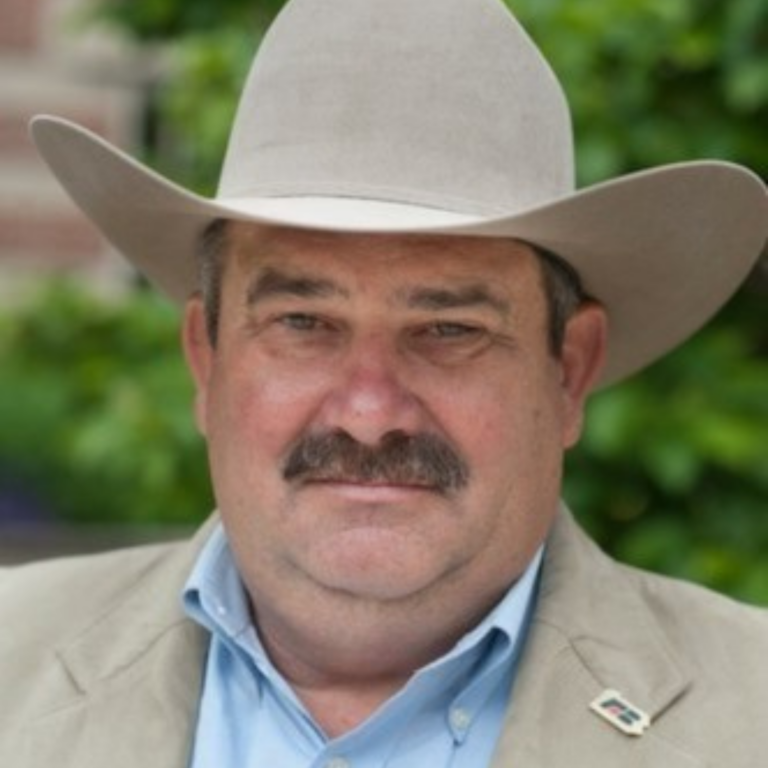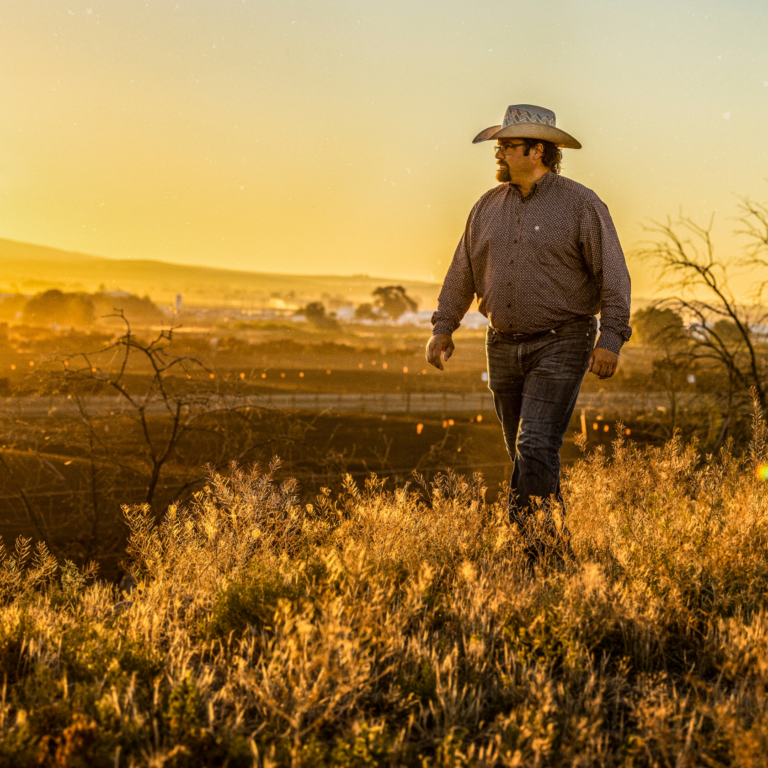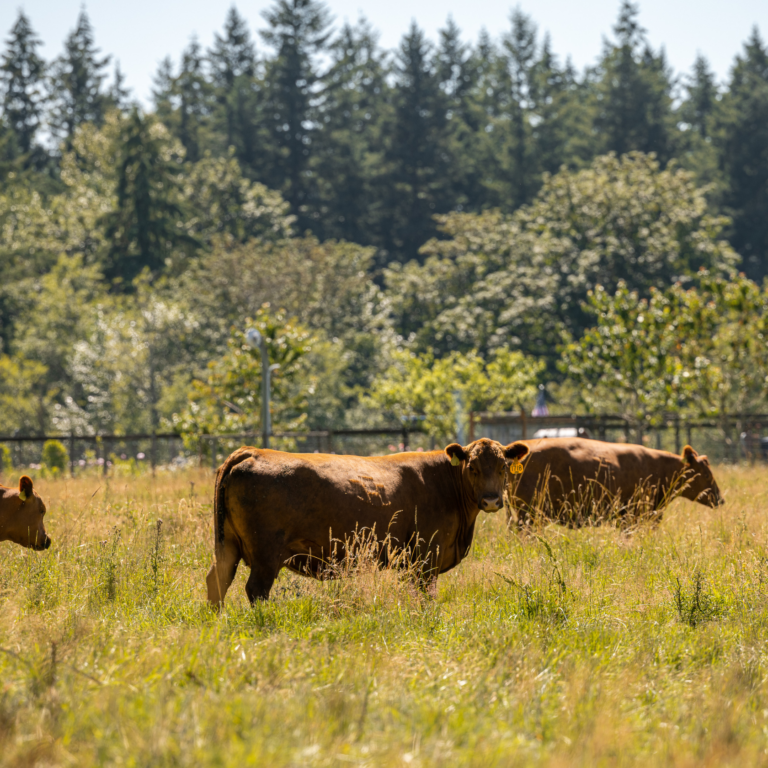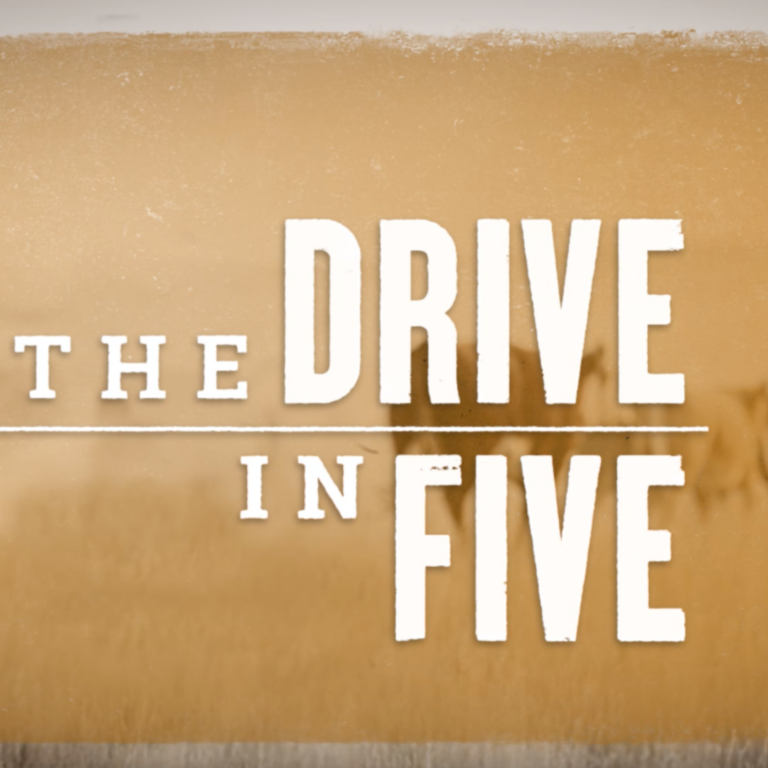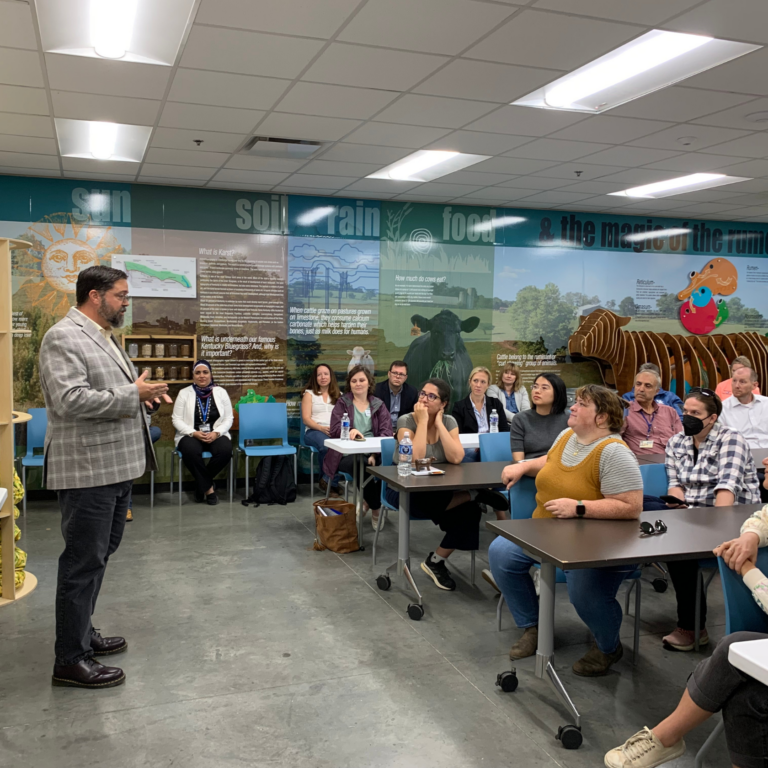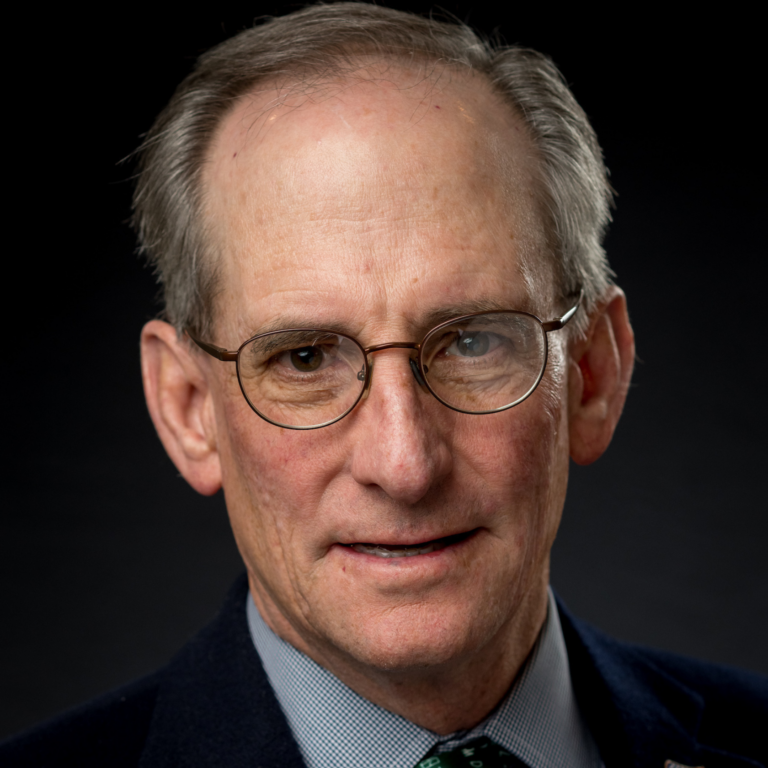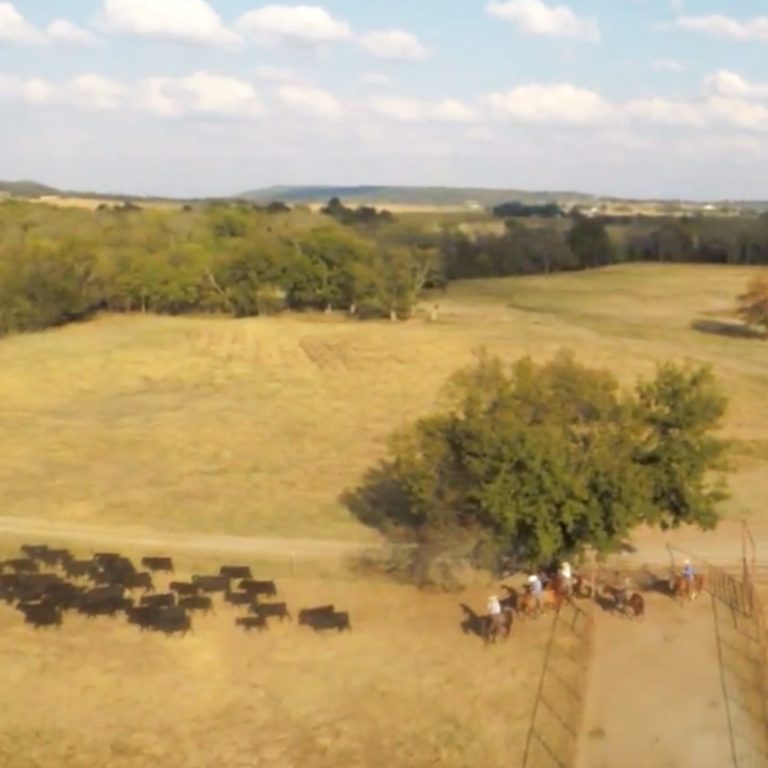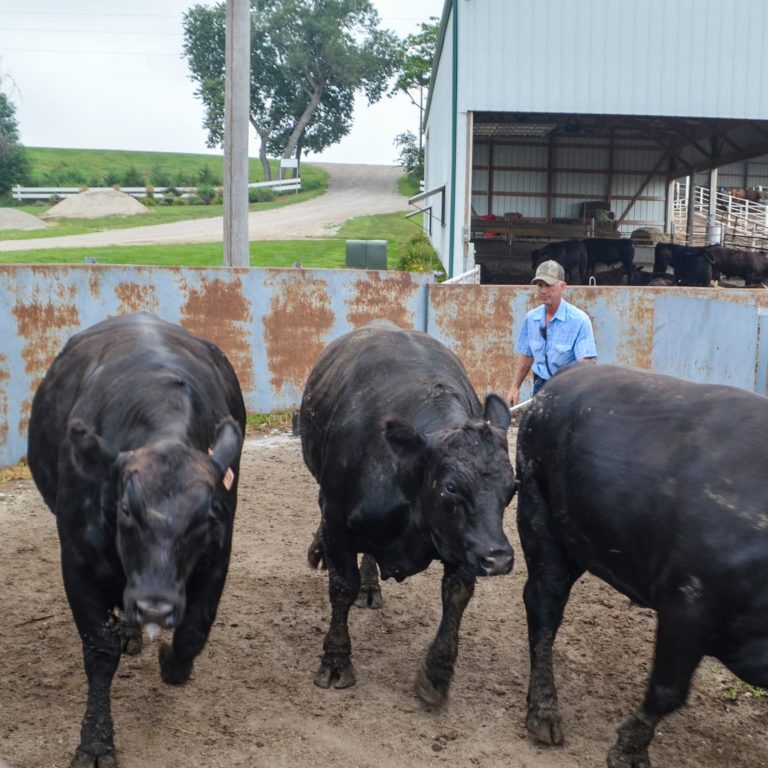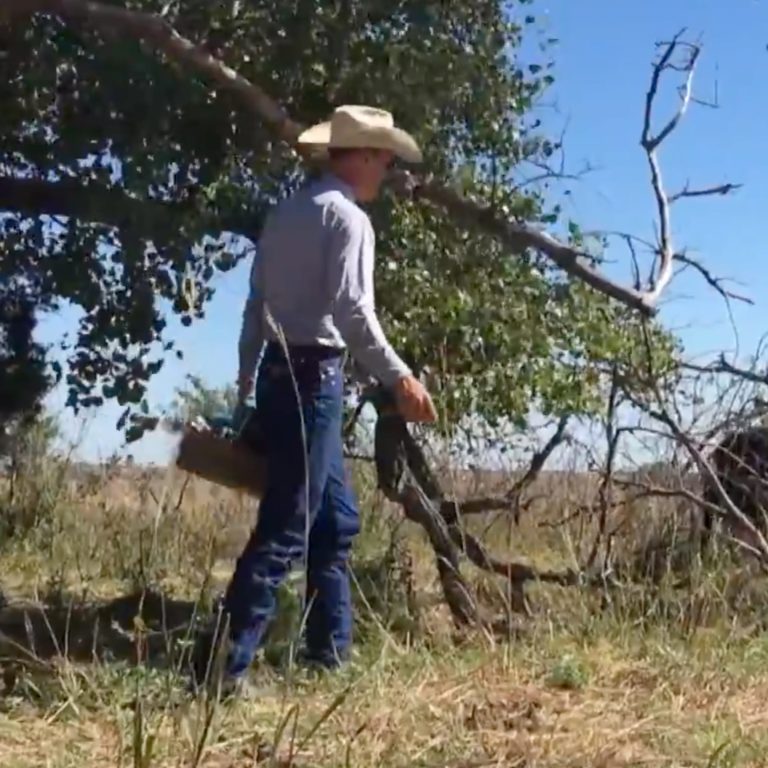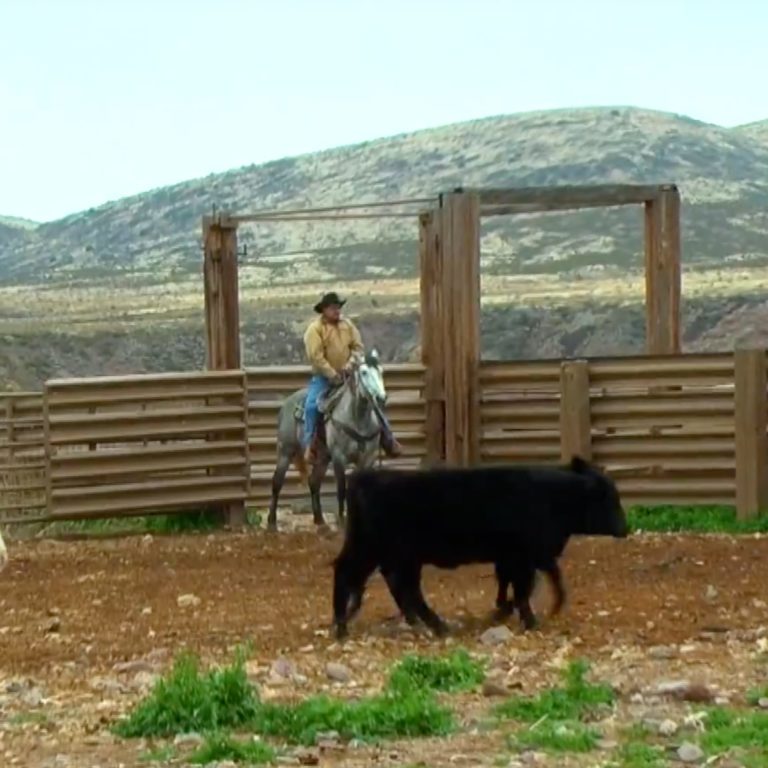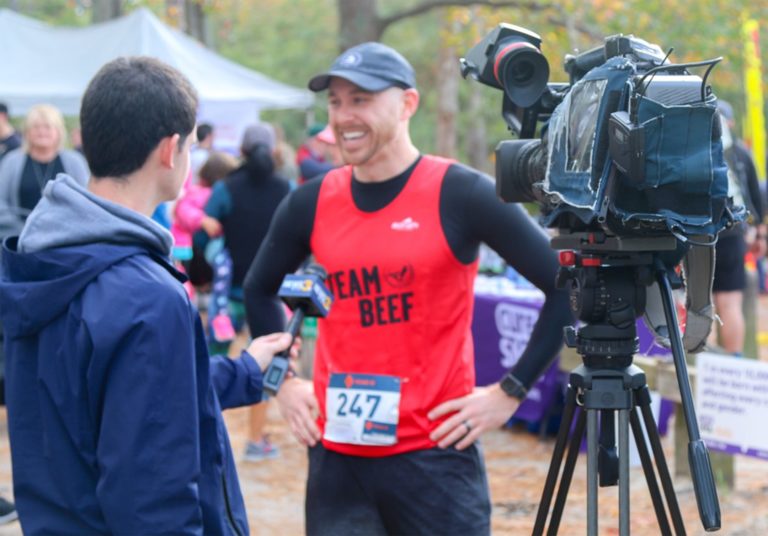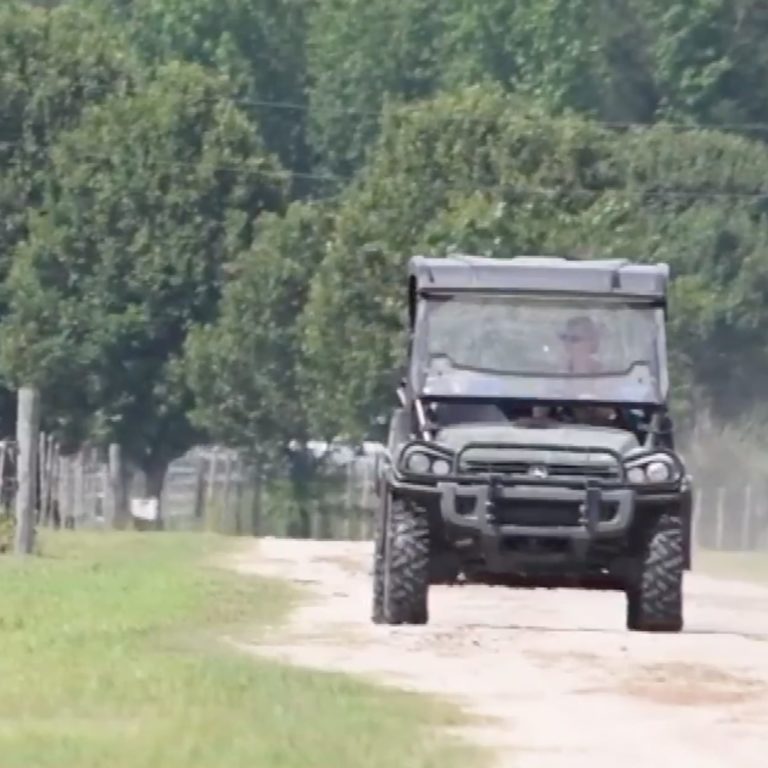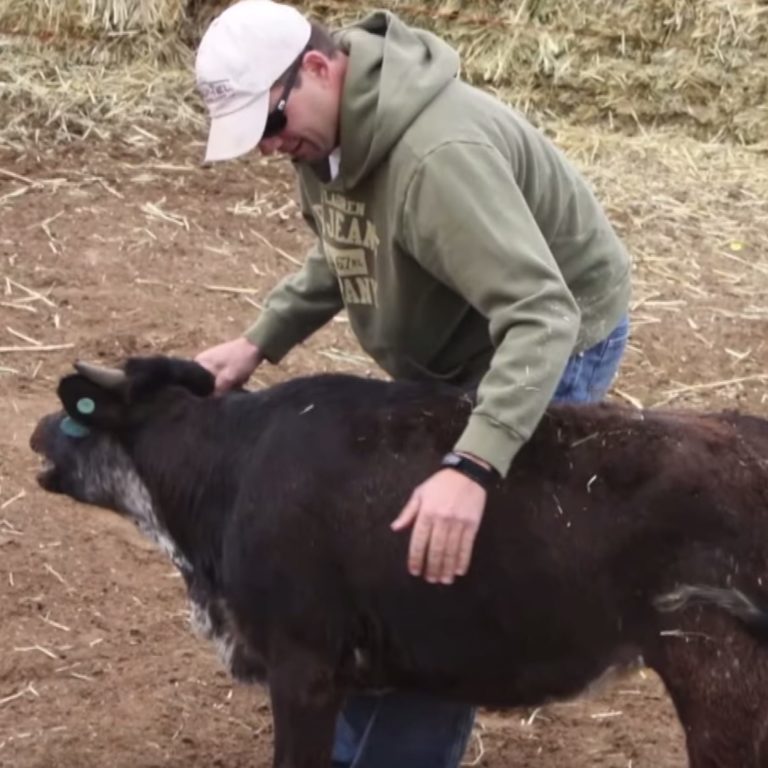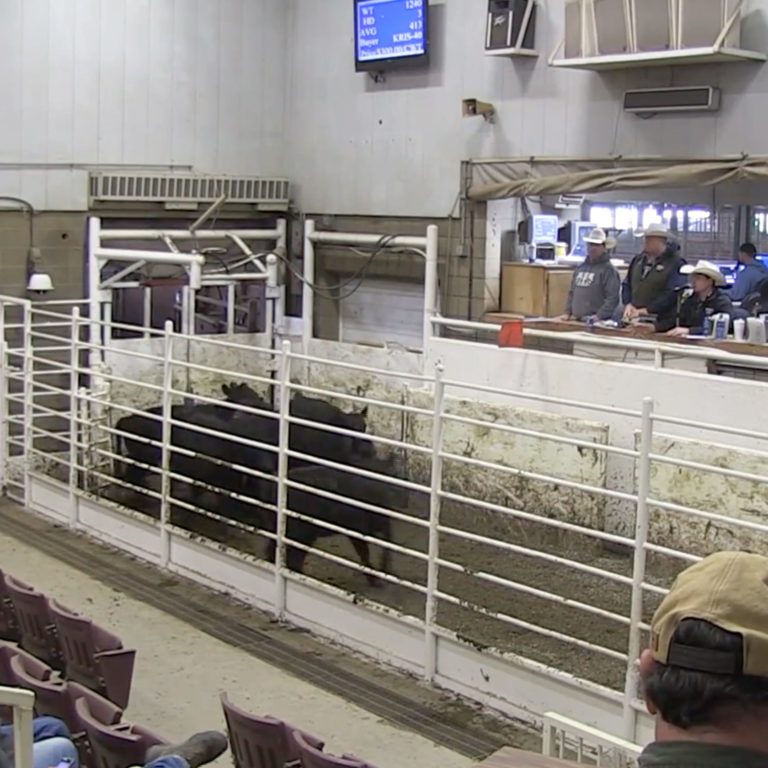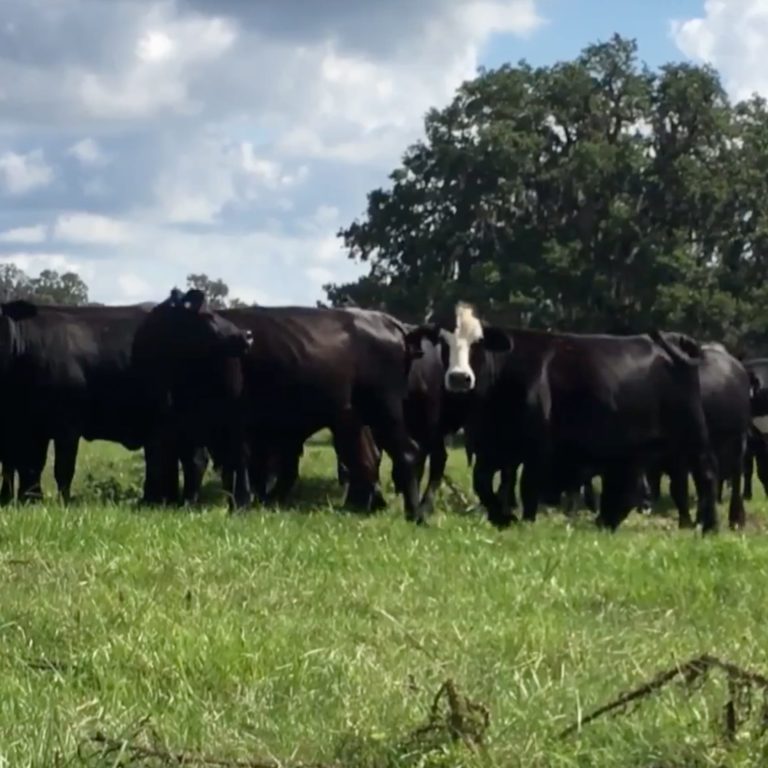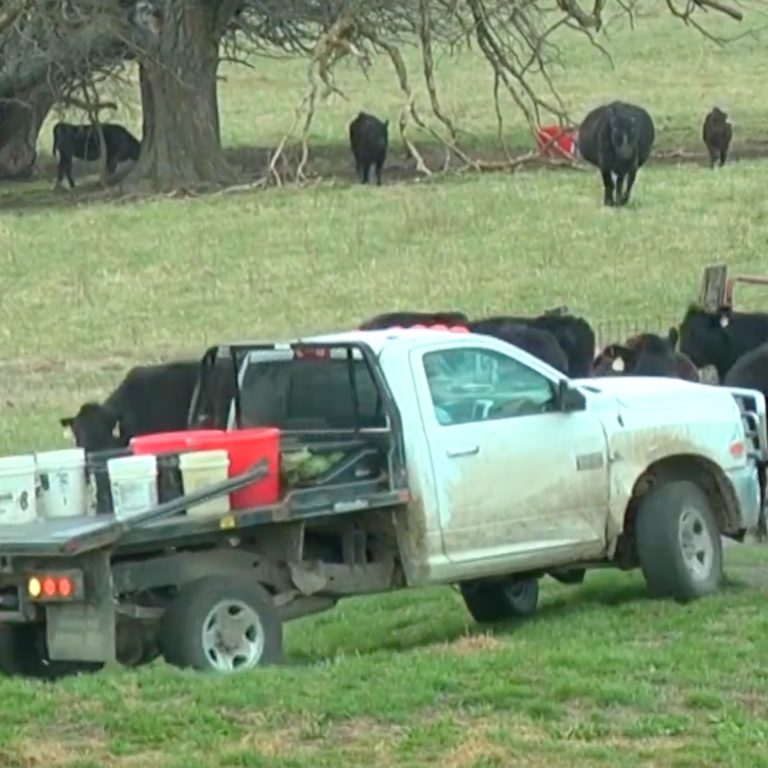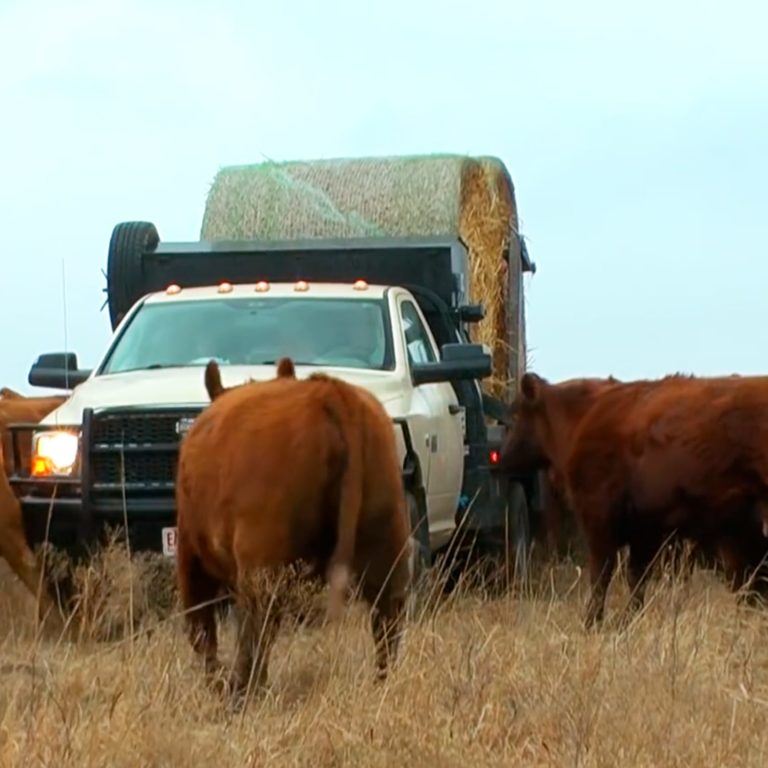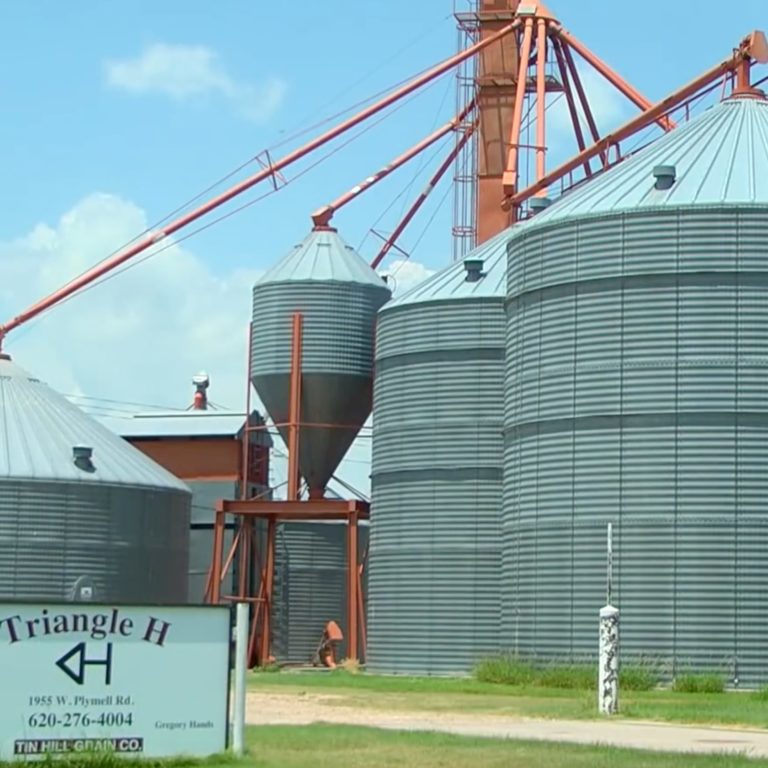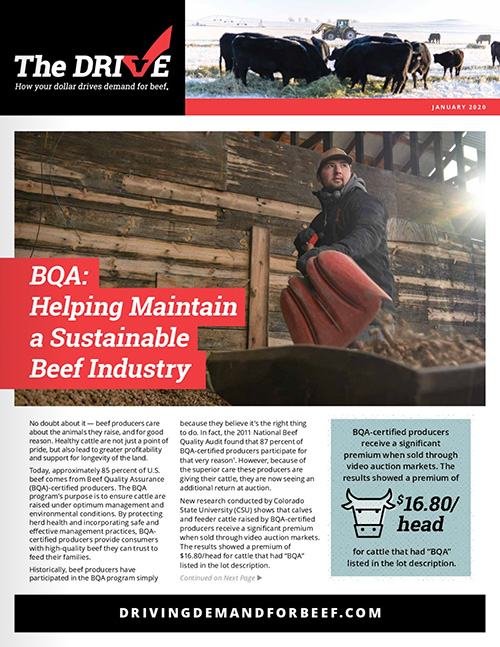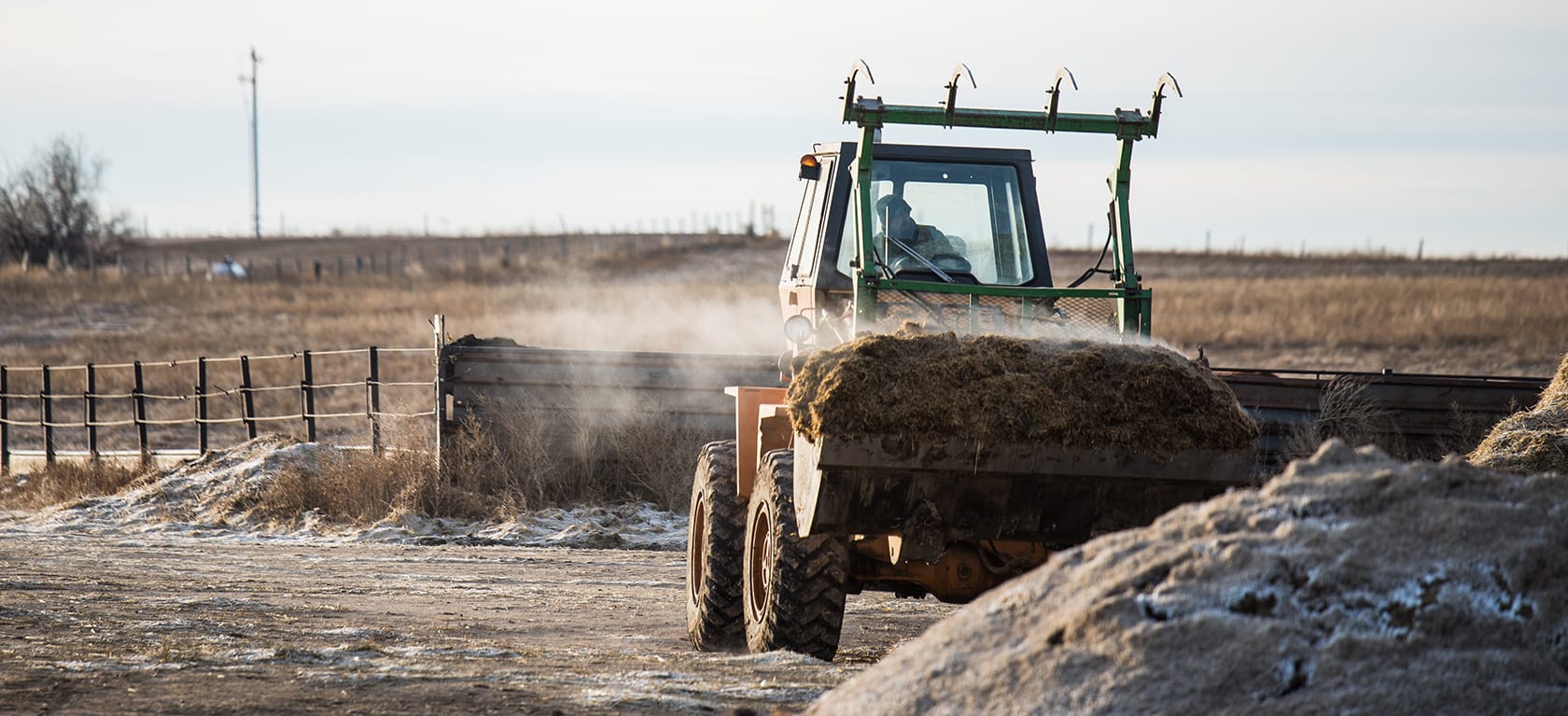
What’s the Buzz About Beef Sustainability?
The topic of beef sustainability continues to exist among consumers, the media and the beef industry. Your Beef Checkoff continues to work toward shifting the sustainability conversation in a different direction – one of a positive view of the beef industry and production practices.
During a recent Sustainability Workshop in Denver, Colorado, Sara Place, Ph.D., Senior Director of Sustainable Beef Production Research for the National Cattlemen’s Beef Association (NCBA), contractor to the Beef Checkoff, said, “Our research shows consumers feel comfortable seeing recipes next to stories about beef production and consider it credible information when there is a face or expert associated with the content.”
The workshop exposed agriculture trade media partners to the current discussion happening around beef and sustainability, and consumer insights and market research related to beef sustainability. According to the 2017 Consumer Image Index, only 30 percent of consumers say they are familiar with how cattle are raised, but 77 percent of consumers think it is important for beef producers to openly share production information with the public.
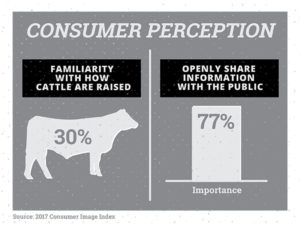
In discussion about consumer behavior perspectives on beef sustainability related issues, Dr. Glynn Tonsor, Ph.D., Kansas State University Agricultural Economics Faculty Professor, said, “The world needs and wants more protein. New sources will continue to arise, but there is room for both conventional and new protein items.” According to Kim Stackhouse-Lawson, Director of Sustainability at JBS USA, sustainability will be a top five demand driver over the next 20 years. To ensure consumers know the facts about beef sustainability, the Beef Checkoff conducts research to better understand the needs of today’s consumer.
Leading the Way
Quantifying the sustainability of beef is challenging, as the supply chain is one of the most multifaceted food systems in the world. However, the beef industry paved the way with the checkoff’s comprehensive lifecycle assessment which quantifies and benchmarks environmental, social and economic aspects of the beef industry from 2005 to 2011. Most recent work aimed to quantify important environmental impacts of beef cattle production systems for each of seven regions of the U.S. and then, use those regional assessments to determine national impacts of cattle production. Additional studies shared during the workshop focused on human edible feed conversion research (upcycling) and the economic value of beef cattle ranching and farming-based ecosystem services.
“Our industry continues to make advancements and improvements in the sustainability of U.S. beef production,” concluded Place. “Thanks to beef checkoff efforts, we are positioned as credible experts and work to communicate these positive messages throughout the beef value-chain.”
The Beef Checkoff program was established as part of the 1985 Farm Bill. The checkoff assesses $1 per head on the sale of live domestic and imported cattle, in addition to a comparable assessment on imported beef and beef products. States may retain up to 50 cents on the dollar and forward the other 50 cents per head to the Cattlemen’s Beef Promotion and Research Board, which administers the national checkoff program, subject to USDA approval.







